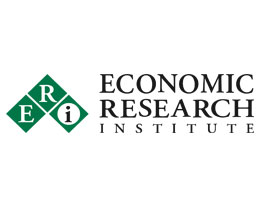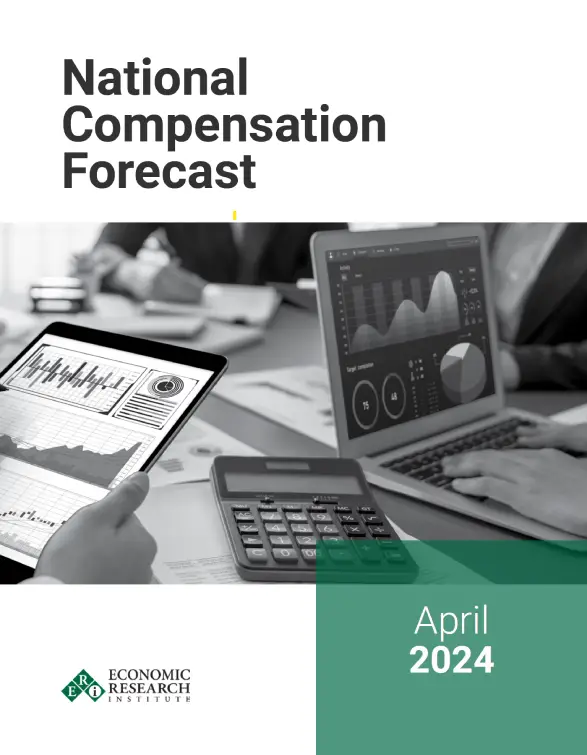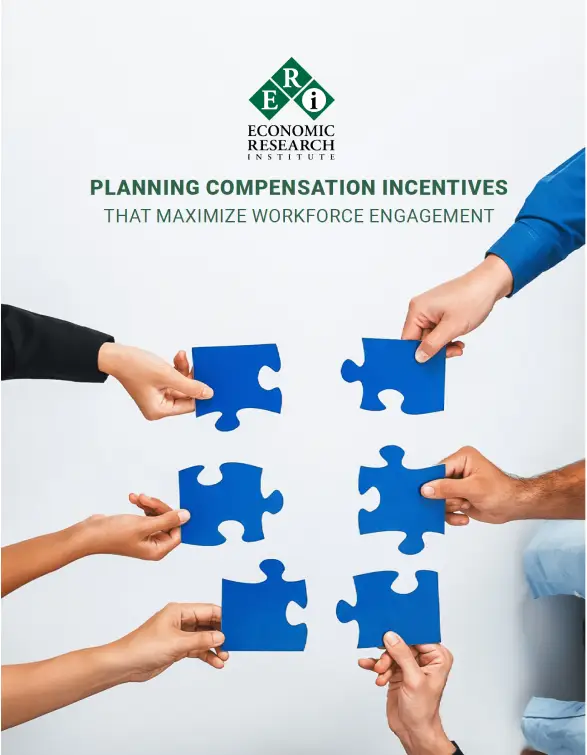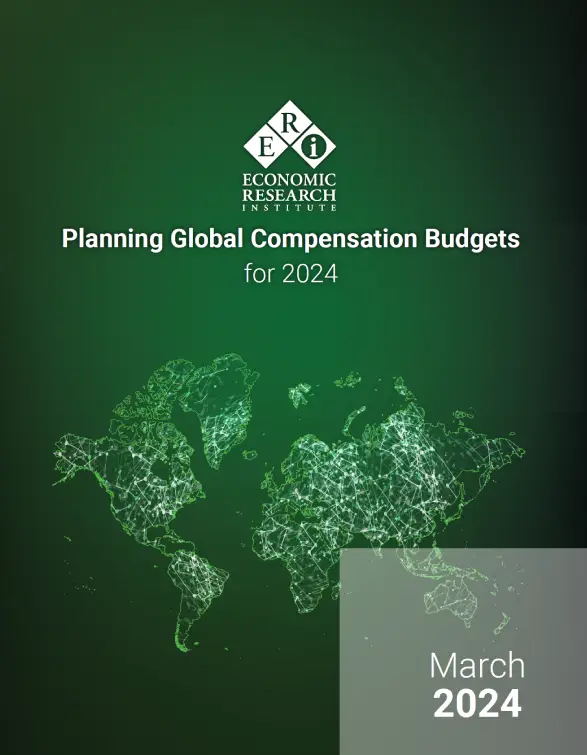On March 3, the referendum for say-on-pay votes in Switzerland passed. Unlike the US non-binding, say-on-pay vote enacted in 2011, the shareholders in Switzerland will now have a binding vote, which essentially allows them to accept or reject the compensation recommendation of its current executive management team as well as prohibit sign-on bonuses and non-statutory severance for new hires and exiting executives respectively. For the referendum vote to be enacted, it needed 50% of the vote plus one vote. The result was actually 68% “for” the say-on-pay vote.
Legislation like say on pay is typically enacted as a result of socio-economic events. In addition to slowed economic growth in Switzerland, the highest paid CEOs in Europe are at Swiss companies. Further, the highest paid CEOs at Swiss companies are not Swiss nationals but, rather, nationals from other countries like the US, Austria, and Belgium, as noted below:
- Credit Suisse CEO Brady Dougan is from the US
- ABB ’s Joe Hogan is from the US
- Novartis’s Joe Jimenez is from the US
- Roche’s Severin Schwan is from Austria
- Nestle’s Paul Bulcke is from Belgium
To shed further light on and to balance the optics of CEOs being “overpaid,” human resources leaders should look at the systemic reasons for how these pay packages are formulated. A recent paper issued in September 2012 suggests that key determinants of executive compensation packages include the composition of the board and trading on global exchanges requiring organizations to compete in US markets. After reading this paper, you may agree that risk tolerance, executive home country nationality, business structure, and board governance are the drivers of executive pay and justify some of the pay levels.
Business leaders are disappointed with the outcome in Switzerland and believe it will prevent them from attracting new talent to key executive positions as well as hinder new investment in Switzerland as a place to set up operations. Currently, the Netherlands is the only other European country that also has a binding say-on-pay vote. Although the United Kingdom and Germany have had advisory say-on-pay vote legislation in place since 2002 and 2009 respectively, both countries will likely have a vote on similar legislation for a binding vote due to pressure from shareholder activists groups. The US has managed to delay the enactment of similar legislations, yet has generally followed suit. Will the US say-on-pay vote become binding in the future?
For more US, Canadian, and European executive compensation data, visit www.erieri.com.



